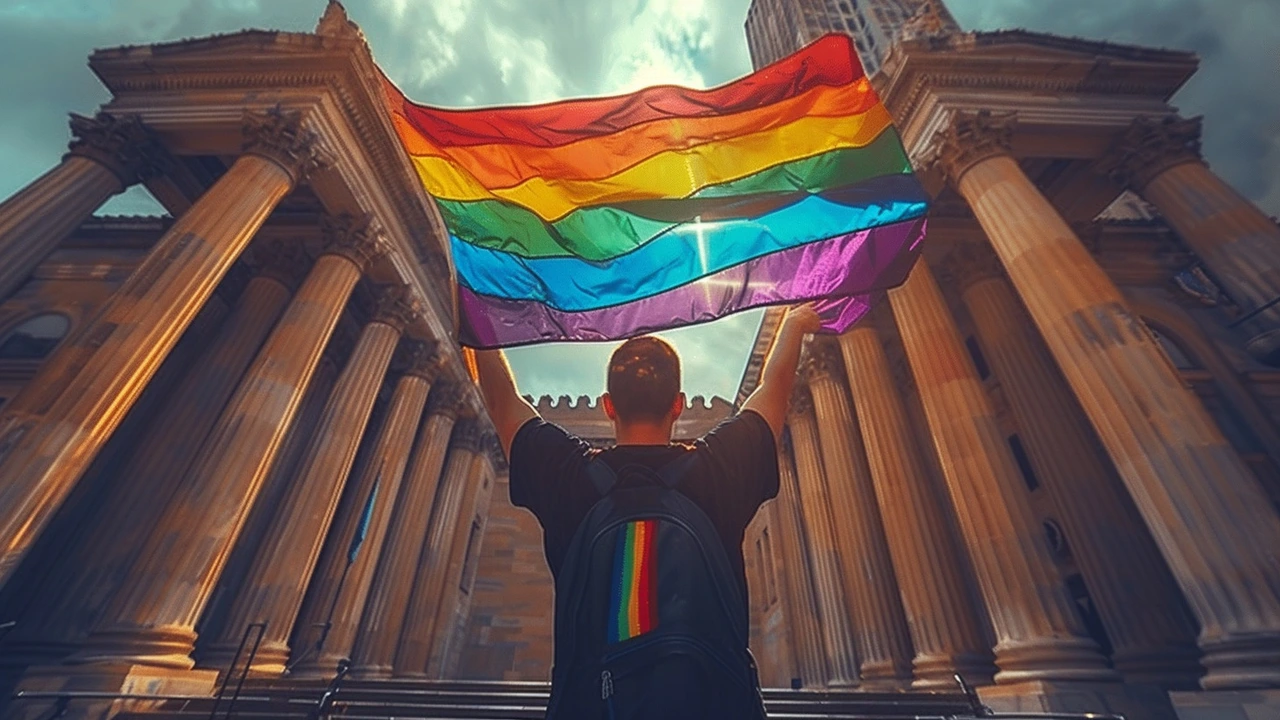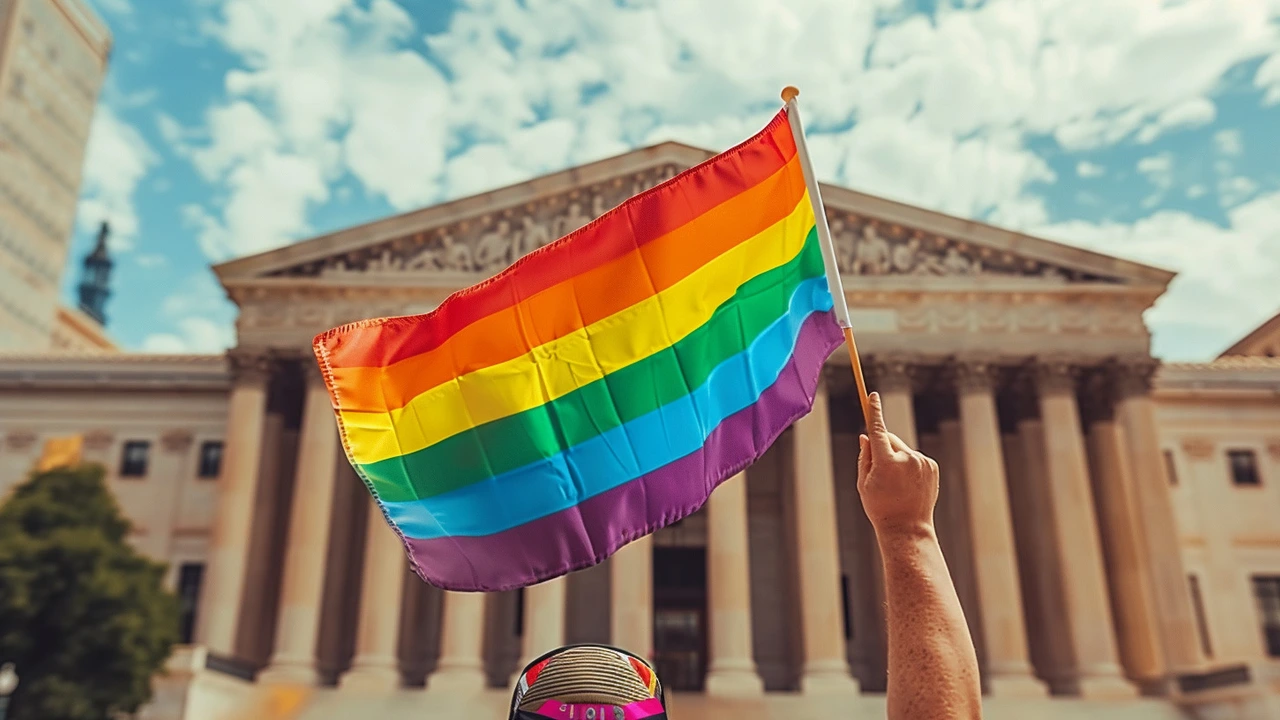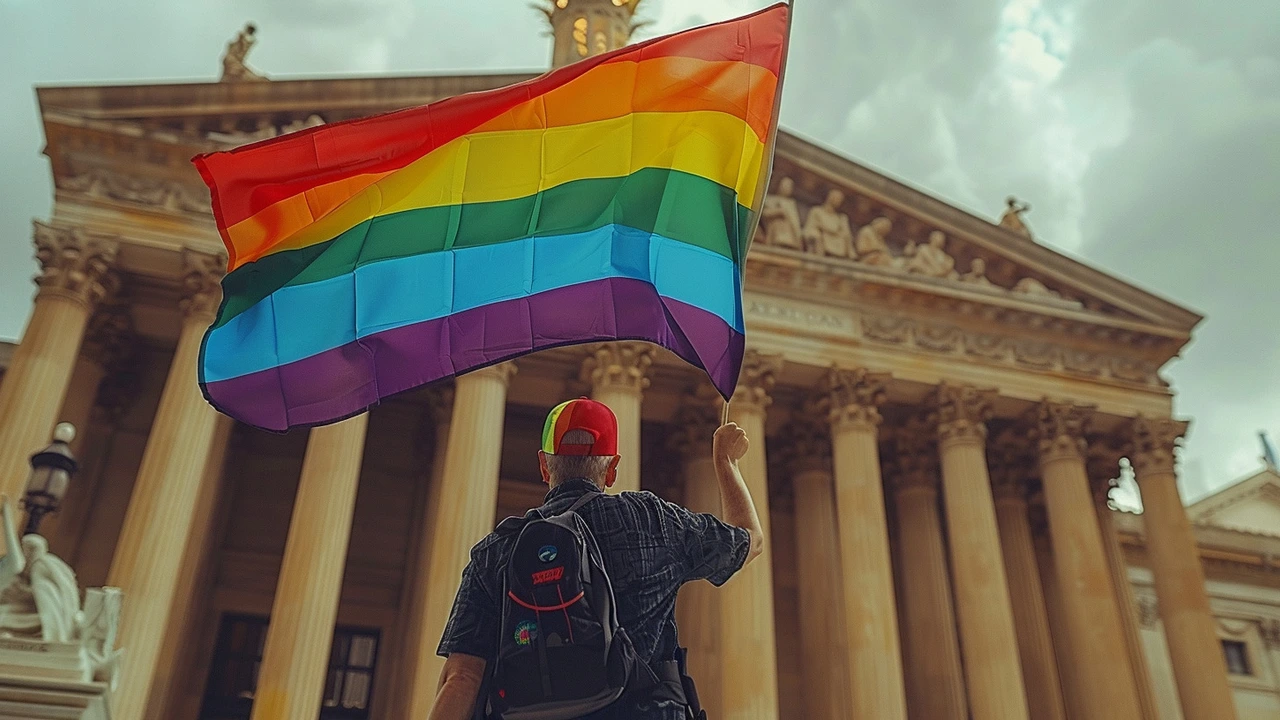Reflecting on a Year of LGBTQ+ Progress and Challenges During Pride Month
Pride Month is a time of celebration and reflection for the LGBTQ+ community and its advocates. As the rainbow flags are raised and parades are organized, it is also a pivotal moment to evaluate the strides made in securing rights and the hurdles still present globally. This past year has seen a blend of progress and setbacks, emblematic of the ongoing struggle for equality and acceptance.
UN Acknowledgment and Concerns
UN Secretary-General António Guterres recently commended LGBTQ+ activists for their relentless pursuit of equality and the substantial headway made globally. He highlighted the elimination of numerous forms of discrimination and the achievement of greater legal recognition for LGBTQ+ individuals. Despite these advances, Guterres also expressed unease about the reversals in certain areas, emphasizing the precarious nature of these rights and the importance of sustained advocacy and support.
Legislative Battles in the United States
In the United States, the legislative landscape has been particularly tumultuous. A record number of bills targeting LGBTQ+ rights were introduced, many of which focused specifically on restricting transgender individuals from accessing public facilities equitably and participating in sports. This surge in legislative activity has created a climate of anxiety and uncertainty for the transgender community and their allies. The U.S. State Department’s issuance of travel advisories for LGBTQ+ individuals underscores the gravity of the situation. The advisory cautioned potential travelers to be mindful of existing discriminatory laws, elevating concerns about safety and legal repercussions.

Healthcare Protections Reinstated
Despite the legislative challenges, there have been significant protective measures reinstated under the Biden administration. Federal rules have been reintroduced to safeguard gay and transgender patients from being denied essential healthcare services. These regulations also prevent insurers from imposing longer waiting periods or higher costs for fertility benefits. Such measures represent a crucial step towards ensuring equitable access to healthcare services for all individuals, regardless of their sexual orientation or gender identity.
Progress in Marriage Equality
Marriage equality has seen major breakthroughs internationally. In a landmark move, Estonia became the first Baltic nation to legalize same-sex marriage, while Greece set a precedent as the first Orthodox Christian-majority country to do so. Thailand also took a significant step forward with its lower house of parliament approving a bill to legalize same-sex marriage. These developments mark significant milestones in the global acceptance and recognition of same-sex unions, paving the way for greater societal acceptance.
Repressive Measures and Institutional Backlash
On the other end of the spectrum, some countries have introduced stringent measures against the LGBTQ+ community. Russia's recent classification of the 'international LGBT public movement' as an extremist organization could force advocacy groups underground and heighten the risk of persecution for individuals. This move stands as a stark reminder of the challenges faced by LGBTQ+ communities in more repressive regions.

Religious Perspectives and Controversies
Religious institutions continue to play a significant role in shaping public opinion and policy regarding LGBTQ+ issues. Pope Francis has signaled a degree of acceptance towards gay believers, yet the Catholic Church's doctrine still regards homosexuality as 'intrinsically immoral and contrary to natural law.' This contradictory stance within the church has incited both support and opposition among its followers. A recent controversy arose when Pope Francis used a homophobic slur during a private meeting with bishops. The incident led to a Vatican apology, highlighting the ongoing tensions and need for dialogue within religious communities.
The Road Ahead
As Pride Month celebrates love, acceptance, and diversity, it also serves as a poignant reminder of the ongoing battle for equality faced by the LGBTQ+ community. The past year has shown both inspiring progress and concerning setbacks, reinforcing the necessity for continued advocacy, legal protection, and social change. In this dynamic landscape, vigilance and solidarity remain crucial as the world advances towards a more inclusive future.





